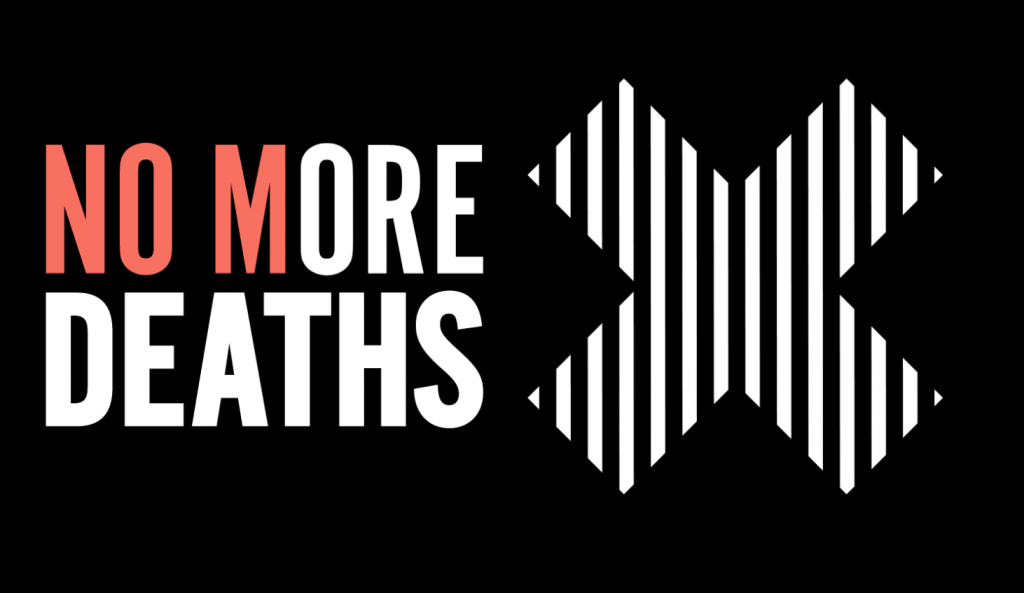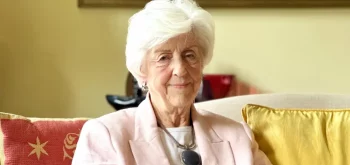A new report celebrates the 40 year history of INQUEST, marking their victories in improving access to justice for bereaved families and renewing their call for even greater reform in a political landscape ‘in a constant state of flux’.
INQUEST have been instrumental in legal and political campaigning around deaths in custody, at the hands of the police, in state care and following mass casualties.
Mick Ryan of INQUEST comments in the report that before the organisation was founded ‘no-one was much bothered about what appeared to be a peripheral issue.’ He recalled that in 1979 the then Home Secretary couldn’t say how many deaths in custody there had been that year.
Since then the group has campaigned to abolish the Prison Medical Service (PMS) after a series of deaths in custody and the striking off of a prison doctor by the General Medical Council. In 2022 the government transferred all prison health care to the NHS.
The report highlights that although there is a considerable way to go towards preventing all deaths in custody, underscored by their ultimate abolitionist ambitions, there has been a marked change. In the 1990s they report prison staff were ‘openly hostile’ towards families recounting their experiences of loved ones dying in custody. They say the prison service and investigation and inspectorate bodies are now willing to engage.
However, as recently as 2017, Eilish Angiolini stated in her conclusion to a review into deaths in custody following the deaths of Sean Rigg and Olaseni Lewis: ‘it is clear that the default position whenever there is a death or serious incident involving the police, tends to be one of defensiveness on the part of state bodies.’
INQUEST have used this report to renew their call for ‘an end to political posturing around law and order’ as well as a ‘drastic reduction’ in the prison population and an end to the plan to increase the number of prison spaces in the UK.
In the early 1990s INQUEST launched a campaign with the Legal Action Group, the Legal Aid Practitioners Group and the Law Society calling for legal aid to be available to families in some inquests.
As recently as 2019 the Ministry of Justice rejected the idea of allowing legal aid for inquests, though this was reversed in 2021 with the removal of the means test for ‘Article 2’ inquests. The group continue to argue for equal access to legal funding for the family of the bereaved and the opposing state body or public authority. They argue this is the only way to rectify the ‘inequality of arms’ between bereaved families and the state.
Alongside campaigning on individual cases, the report highlights the structural reforms required to effect meaningful change and ensure lessons are actually learned following an avoidable death. They have been mobilising support for a new ‘National Oversight Mechanism’ a new independent public body which would be responsible for following up on recommendations arising from inquests, inquiries and official reviews. This would include ensuring changes following mass deaths like those at Hillsborough and Grenfell.
Over 50 human rights and campaigning groups, as well as many parliamentarians now support the campaign, launched under the banner ‘No More Deaths’.
Michael Mansfield K.C., who has represented families on behalf of INQUEST, said: ‘I think they are partly responsible for improvements in the system. The difference between when I started, when coroners just ignored families, to the system now where families are considered at its centre.’
Deborah Coles, Director of INQUEST, said in a statement: ‘INQUEST should not have to exist, but at a time of increasing authoritarianism, austerity, inequality, and assault on human rights, it has never been more needed.’








